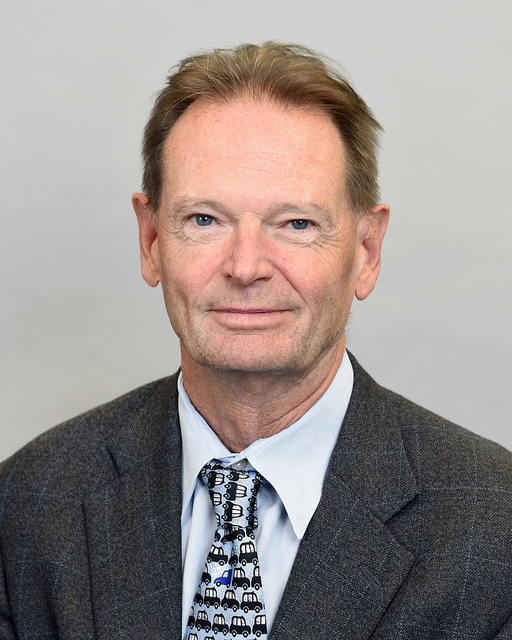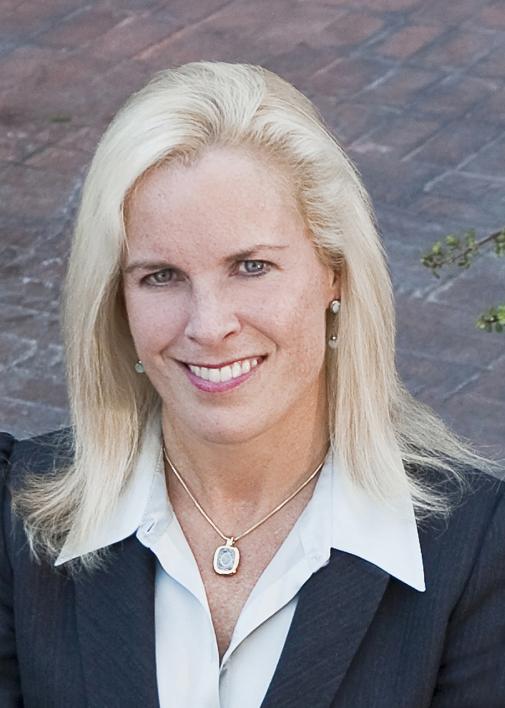National Academy of Inventors announces pair of ASU researchers as 2017 fellows
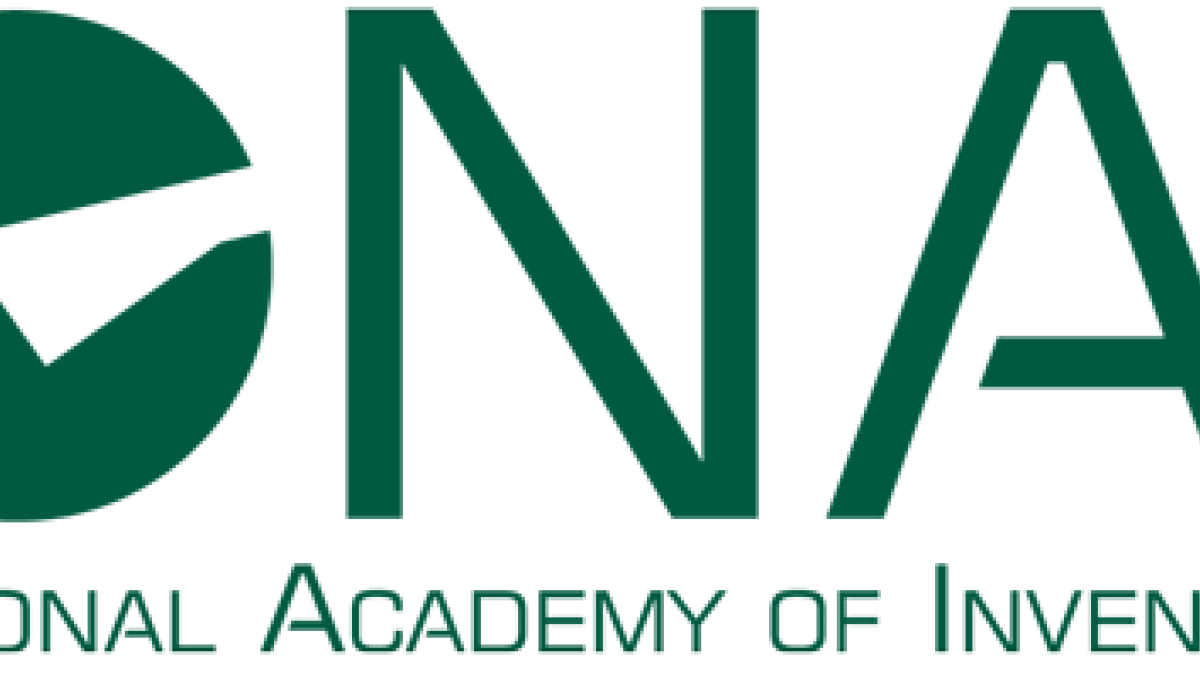
Stephen Albert Johnston and Deirdre R. Meldrum of the Biodesign Institute at Arizona State University have been named fellows of the National Academy of Inventors, the organization announced.
Stephen Albert Johnston and Deirdre R. Meldrum of the Biodesign Institute at Arizona State University have been named fellows of the National Academy of Inventors (NAI), the organization recently announced.
Election to NAI Fellow status is the highest professional accolade bestowed solely to academic inventors who have demonstrated a prolific spirit of innovation in creating or facilitating outstanding inventions that have made a tangible impact on the quality of life, economic development, and welfare of society.
“The election of Drs. Johnston and Meldrum as NAI Fellows is a testament to the quality of far-reaching impact of the groundbreaking research taking place at ASU,” said Sethuraman “Panch” Panchanathan, executive vice president of Knowledge Enterprise Development and chief research and innovation officer at Arizona State University. “We hope that our work will continue to serve communities and change lives around the world.”
Johnston is director of the Biodesign Center for Innovations in Medicine, a professor in the School of Life Sciences and CEO of Calviri, Inc., an ASU startup.
Johnston has experience in basic science, notably first cloning the Gal4 gene, showing that proteins have separable functional domains and discovering the AAA proteins and their role in transcription.
His focus now is in translational sciences and technology development.
Stephen Albert Johnston
“I think inventors are the most important drivers of the good things for humanity,” Johnston said. “So, I am honored that the NAI would include me in their ranks.”
In 2012, for example, Johnston, along with fellow ASU professor and co-founder Neal Woodbury, spun out a startup, HealthTell, built around a new liquid-biopsy technology.
In 2017, the Chinese company iCarbonX formed an alliance with HealthTell to make its ImmunoSignature technology available in China, Singapore and Taiwan. The innovation is part of $400 million international Digital Life Alliance aimed at producing a personalized health guide for consumers.
From just a single drop of blood, this diagnostic powerhouse can detect diseases that involve an immune response (autoimmune, cancer, infectious disease, metabolic and neurologic diseases).
In his career, Johnston was also co-inventor/innovator of pathogen derived resistance, endosperm balance number, organelle transformation, the gene gun, genetic immunization, TEV protease system, expression library immunization, linear expression elements, synbody therapeutics, immunosignature diagnostics and neoantigen preventative cancer vaccines.
Johnston is author of over 170 journal articles, has over 25 patents and has garnered approximately $95M in grant support including large programs from DARPA, NIAID and NHLBI. He was named Arizona Bioscience Researcher of the Year in 2016.
Deirdre R. Meldrum
Meldrum is director of the Biodesign Center for Biosignatures Discovery Automation, distinguished professor of biosignatures discovery, professor of electrical engineering, and previous dean of the Ira A. Fulton Schools of Engineering at Arizona State University. Meldrum was also director and principal investigator of the NIH Center of Excellence in Genomic Sciences (CEGS): Microscale Life Sciences Center (MLSC).
She is known for her ability to integrate multiple disciplines, including bioengineering, biomaterials, nanotechnology, electrical, chemical, and computer science engineering with fields such as biology, genomics, proteomics and single cell analyses to create new paths of discovery.
“An important result of invention is the societal impact achieved through commercialization,” Meldrum said. “Our inventions include new technologies and sensors for live single cell analysis that we plan to commercialize to positively impact human health as well as discoveries in the oceans. It is a real honor to join other creative innovators as a fellow of the NAI.”
She was a member for two terms of the National Advisory Council for Human Genome Research, U. S. Department of Health and Human Services and is currently a member of the Scientific Advisory Committee for the Department of Energy (DOE) Joint Genome Institute (JGI) and vice-chair of the Northern Arizona Healthcare Foundation. She is a fellow of the American Association for the Advancement of Science, the Institute of Electrical and Electronics Engineers and the American Institute for Medical and Biological Engineering.
Meldrum is author of 231 peer-reviewed publications including 122 journal articles, has 35 patents including 7 issued and has been awarded over $80M in external grant funding from the NIH, NSF and the Keck Foundation.
Johnston and Meldrum join several other ASU faculty, including Charles Arntzen, Bruce Rittmann, Stuart Lindsay, Michael Kozicki, and Sethuraman “Panch” Panchanathan who have been equally honored as NAI Fellows in recent years, helping to further raise ASU’s reputation as a leader in innovation. In addition, in another strategic effort to foster ASU innovation throughout its entrepreneurial ecosystem, ASU recently formed a NAI Chapter earlier this year. Launched in March 2017, it recognizes inventors and promotes innovation across all disciplines of the institution.
Those elected to the rank of NAI Fellow were nominated by their peers for outstanding contributions to innovation in areas such as patents and licensing, innovative discovery and technology, significant impact on society, and support and enhancement of innovation.
On April 5, 2018, the 2017 NAI Fellows will be inducted as part of the Seventh Annual NAI Conference of the National Academy of Inventors at the Mayflower Hotel, Autograph Collection in Washington, D.C. Andrew H. Hirshfeld, U.S. Commissioner for Patents, will provide the keynote address for the induction ceremony.
The 2017 NAI Fellows will also be highlighted with a full-page announcement in The Chronicle of Higher Education Jan. 19, 2018 issue, and in an upcoming issue of Science and Technology and Innovation, journal of the National Academy of Inventors.
The 2017 class of NAI Fellows was evaluated by the 2017 Selection Committee, which included 18 members comprising NAI Fellows, U.S. National Medals recipients, National Inventors Hall of Fame inductees, members of the National Academies of Sciences, Engineering, and Medicine and senior officials from the USPTO, National Institute of Standards and Technology, Association of American Universities, American Association for the Advancement of Science, Association of Public and Land-grant Universities, Association of University Technology Managers, and National Inventors Hall of Fame, among other organizations.
With the election of the 2017 class there are now 912 NAI Fellows, representing over 250 research universities and governmental and non-profit research institutes. The 2017 fellows are named inventors on nearly 6,000 issued U.S. patents, bringing the collective patents held by all NAI Fellows to more than 32,000 issued U.S. patents.
Included among all NAI Fellows are more than 100 presidents and senior leaders of research universities and non-profit research institutes; 439 members of the National Academies of Sciences, Engineering, and Medicine; 36 inductees of the National Inventors Hall of Fame; 52 recipients of the U.S. National Medal of Technology and Innovation and U.S. National Medal of Science; 29 Nobel Laureates; 261 AAAS Fellows; 168 IEEE Fellows; and 142 Fellows of the American Academy of Arts and Sciences, among other awards and distinctions.
More Science and technology
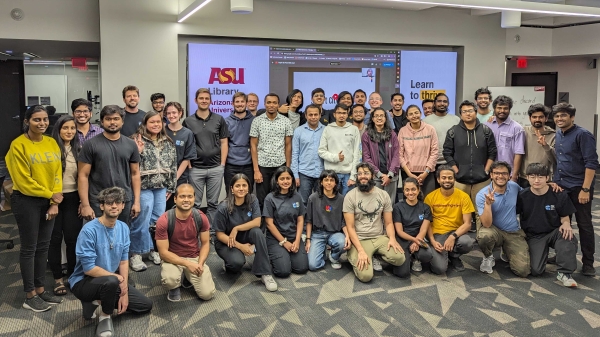
SpaceHACK highlights student solutions to environmental challenges, digital divide
By Adrianna Nine About 250 students from around the world convened online and at Arizona State University on March 22 for the…
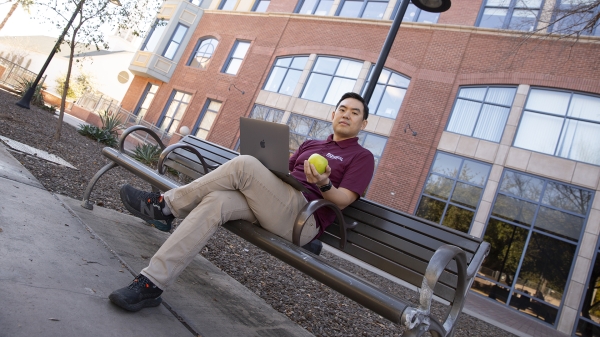
New AI for a new era of discovery
As the legend goes, in 1665, Sir Isaac Newton sat in his garden at Woolsthorpe Manor in England and looked on as a lone apple…

ASU receives 3 awards for research critical to national security
Three researchers in the Ira A. Fulton Schools of Engineering at Arizona State University have received grant awards under the …
